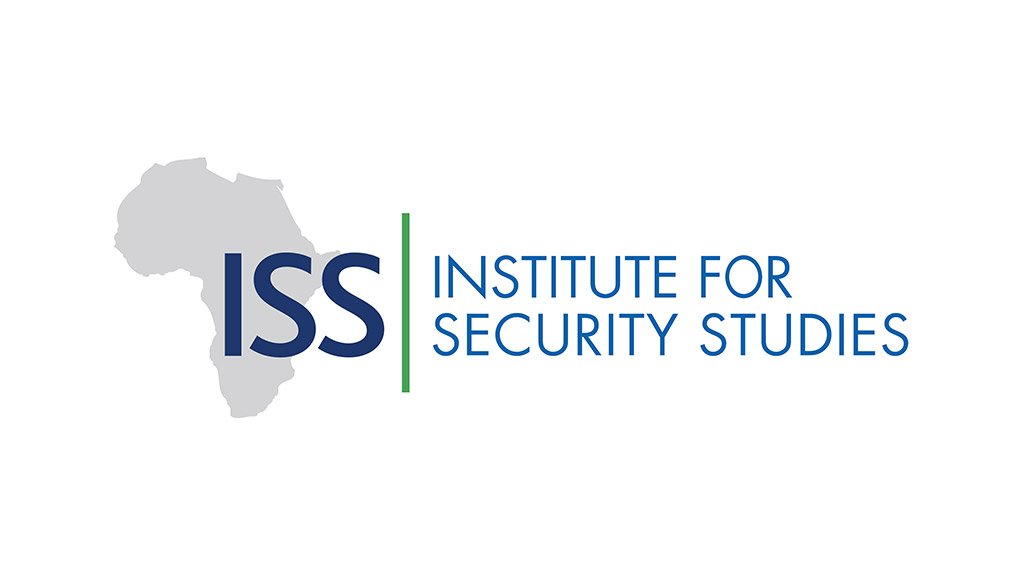On 3 March, Ousmane Sonko, one of Senegal’s main opposition leaders, was arrested and imprisoned for ‘disturbing public order’ and ‘participating in an unauthorised march.’ Sonko, who had been charged with rape, was on his way to answer a court summons in the capital, Dakar.
Sonko is popular among young people who see him as someone who could bring about real change. Legal proceedings against him are widely regarded as the government’s attempt to prevent an opponent from running for president in 2024.
His arrest sparked a wave of protests in Dakar and several cities and towns across Senegal. The demonstrations were among the most violent in the country’s history. Clashes between civilians and law enforcement lead to the death of at least 11 people and the injury of nearly 590. Scores of protesters were arrested, and the looting and destruction of property, including public buildings, caused significant damage.
But the unrest goes beyond the court case involving a major government opponent. It is linked to widespread resentment stemming from socio-economic hardships that have worsened with the government’s strict measures to slow the spread of COVID-19. The crisis also reflects the tensions that followed the controversial 2019 presidential election. A political dialogue initiated in May 2019 failed to diffuse the pressure.
Confidential documents related to the rape case were leaked, and there was confusion around the procedure for lifting Sonko’s parliamentary immunity. This deepened the opinion among the opposition and its supporters that the government was plotting to thwart his presidential candidacy. It also fuelled the widely shared view of a regime using the justice system to achieve its political goals.
Sonko’s case echoes those of other political opponents. Before the 2019 presidential election, President Macky Sall’s two main political rivals were disqualified. The grounds were that Karim Wade of the Senegalese Democratic Party and former Dakar mayor Khalifa Sall, had respectively, been convicted of illicit enrichment and embezzlement of public funds.
The decision sparked protests from supporters who believed Sall was trying to stifle the opposition. In 2015, the president said he wanted to reduce the opposition ‘to its simplest expression.’
Rewmi Party leader Idrissa Seck came second in the 2019 presidential polls. In November 2020 he was appointed as head of the Economic, Social and Environmental Council – a position that makes him one of the most important figures in power. Seck’s political rallying helped further weaken the opposition and made Sonko, in third place, the main opponent.
There’s a view that Senegal’s justice system is quick to handle cases involving political opponents but silent on those making adverse findings against people in power. The latter include those implicated in audit reports issued by the Inspectorate General, the Court of Auditors and the National Office against Fraud and Corruption (OFNAC). This suggests a justice system with double standards.
An example is the case involving Higher Education Minister Cheikh Oumar Anne. Before being appointed minister in 2019, Anne managed the Centre des œuvres universitaire de Dakar. An OFNAC report covering 2014 and 2015 highlighted his mismanagement of the centre. It recommended legal action and the barring of Anne from leading a public body.
In recent years, the rise in public debate about court cases involving political leaders highlights the need to reform democratic institutions such as the judiciary. This could improve the perception of impartiality and strengthen the independence of the courts.
Significantly, the High Council of the Judiciary, the body responsible for managing magistrates’ careers, is chaired by the president. The justice minister doubles as its vice-president and has direct authority over public prosecutors. These roles raise questions around transparency, fairness and justice and the potential for political interference.
The need to reform Senegal’s governance institutions has been recognised over the years. In 2013 the National Commission for Institutional Reform (CNRI), drawing on the conclusions of the 2009 National Conferences, recommended several changes. Among them were steps to make the judiciary more independent. These proposals should have been included in the 2016 constitutional review.
The CNRI also recommended that the president not be allowed to double as leader of his or her political party upon taking office. This would reduce the risk of conflict between the interests of the Senegalese people and the party.
The president should also no longer chair the High Council of the Judiciary, and the justice minister should not be its vice-president. The two, the commission advised, should be withdrawn from the high council, as their presence raises questions about the judiciary’s independence from executive interference.
The Sonko case presents an opportunity to restore confidence in the judiciary. To do this, the government must take all necessary measures to organise a fair trial and start reforming the justice system. The recommendations of the national conferences and CNRI show that Senegal has many ideas about how to strengthen its democracy, which has long been regarded as a model in Africa.
Written by Aïssatou Kanté, Research Officer, ISS Dakar
This article was produced with the support of the UK Conflict Resolution Fund and the Hanns Seidel Foundation.
EMAIL THIS ARTICLE SAVE THIS ARTICLE ARTICLE ENQUIRY
To subscribe email subscriptions@creamermedia.co.za or click here
To advertise email advertising@creamermedia.co.za or click here











